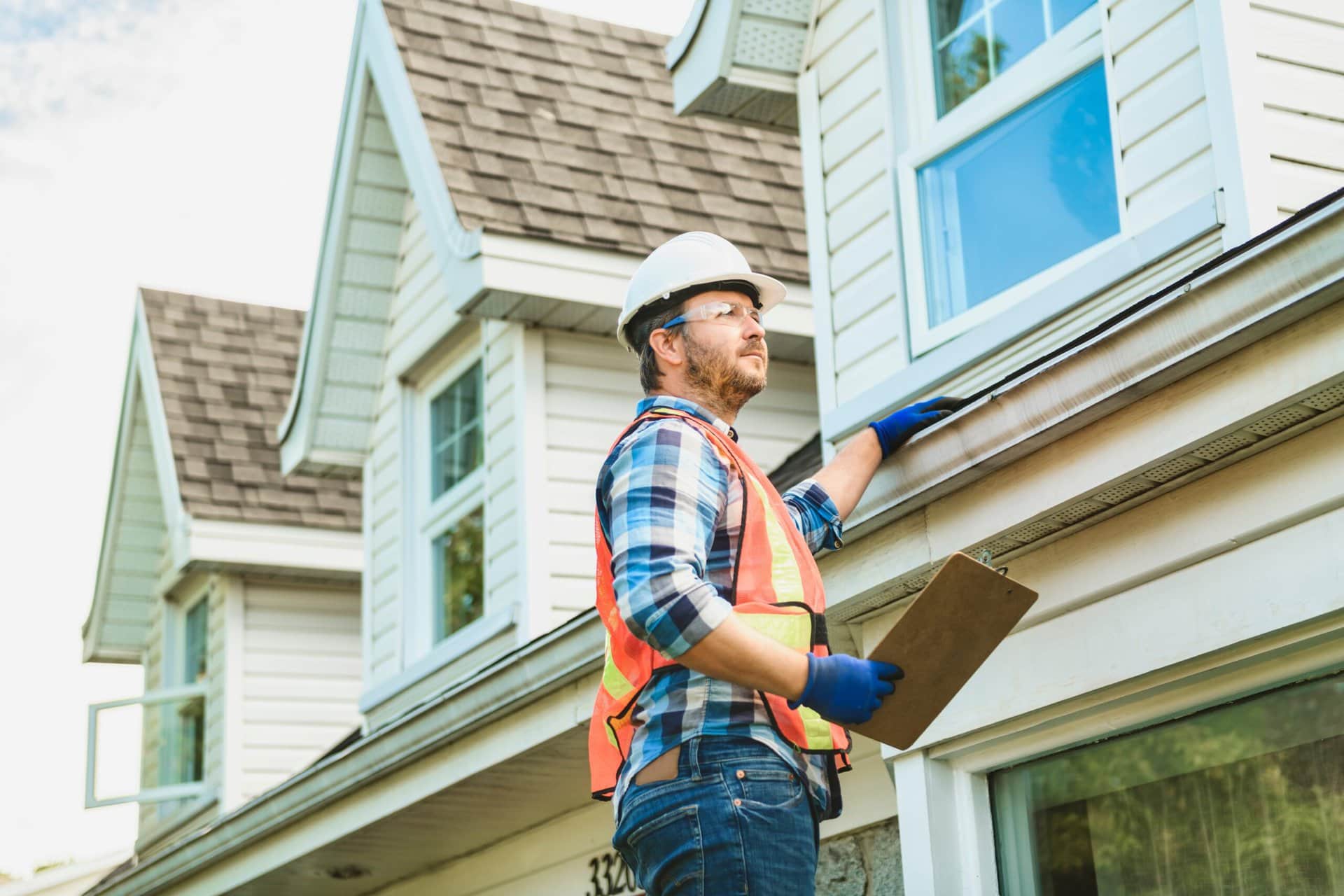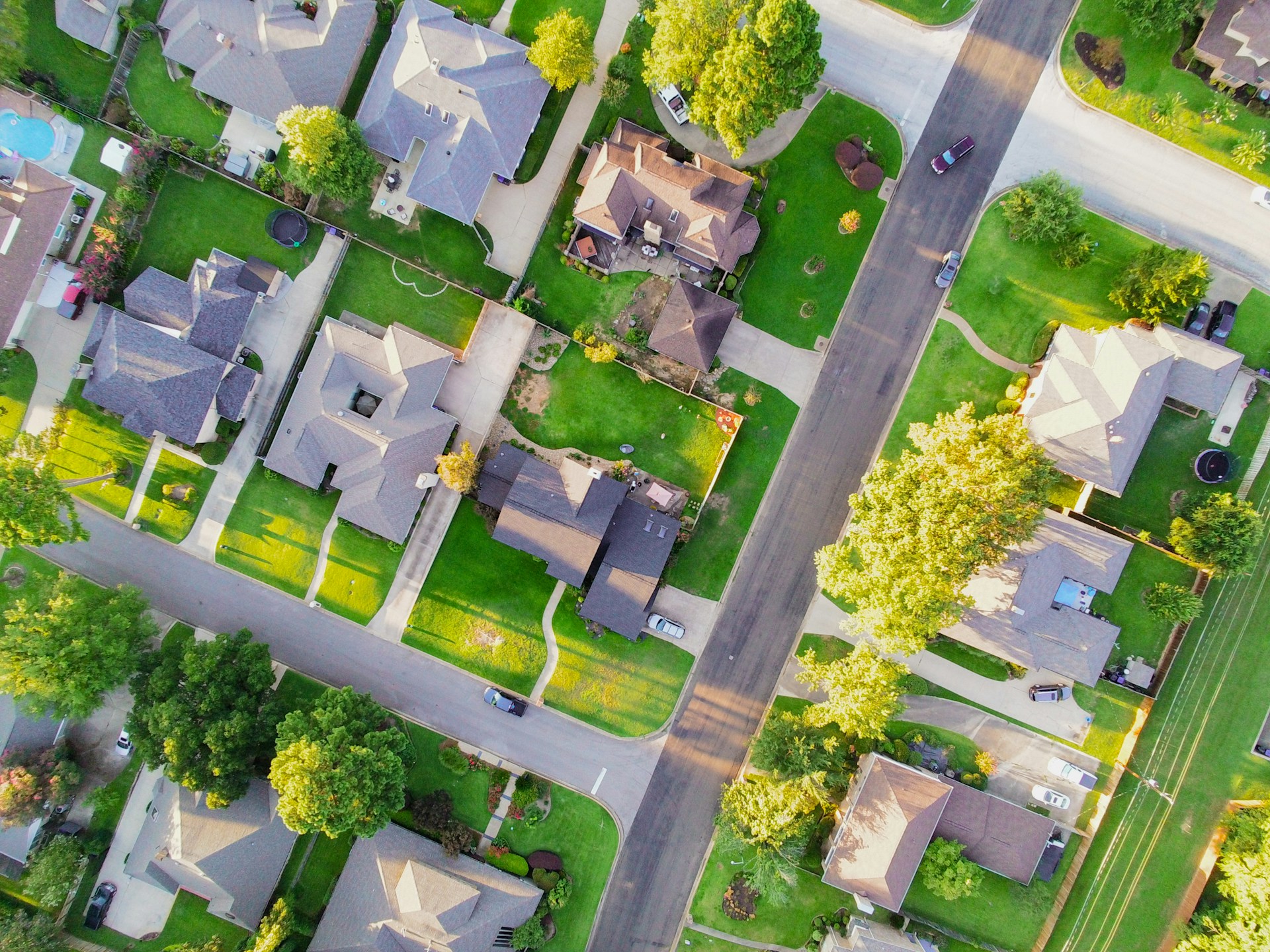If you want to buy a house in America, you will need to apply for a mortgage. There are many types of loans available, and they all have different terms, conditions, and interest rates. Companies like District Lending allow borrowers to get a suitable conventional loan lender quickly and easily.
Before applying for a loan, it is crucial to familiarize yourself with conventional loan pros and cons to avoid regrets. This article will walk you through the advantages and disadvantages of this type of loan to help you determine if it is worth it.
How Does a Conventional Loan Work?
A conventional loan is a type of home mortgage not guaranteed by any government enterprise. Private sectors usually issue them, and when you borrow the loan, you must agree to the terms and conditions set by your lender. The lender will inform you of the interest and fees required every month, including the due date for the loan. If you feel you cannot satisfy the rules set by your lender, you can opt for another type of loan or consult District Lending to get a loan lender with lower interest rates.
Conventional loans also require down payments, which usually differ depending on your current situation. If you are a first-time home buyer and do not have any properties, you can start with a down payment of as low as 3%. With a 3% down payment, you will also be required to take private mortgage insurance (PMI). But if you make a down payment of 20%, there will be no need to pay for PMI.
Another thing worth mentioning about conventional loans is that they have other requirements. Your lender will ask for a few things like an income report, employment history, DTI, and credit score, among many other things. This allows a conventional loan lender to determine if you are a potential borrower and if you will meet the standards set for the loan repayment plan.
The Pros and Cons of Conventional Loans
Advantages of Conventional Loan
Start with a Low-Down Payment
You can still qualify for a conventional loan if you do not have enough for a down payment. This is because you can begin with a payment of 3% and get private mortgage insurance to get approved for the loan. The down payment can go up to 20%, but you can always negotiate with your lender for a better deal. Different lenders have different requirements. Some will need a down payment of 5%, 15%, or 20%, but your financial situation will determine all this.
Purchase Any Property You Want
With a conventional loan, it is easier to make investments because the loan is not only tied to the primary residence. Investors can take advantage of this loan and purchase second homes, condominiums, real estate properties, etc. But keep in mind that if you default on the loan, a default judgment allows your lender to recover his money through various methods, including;
- Seizure of property: Your investments are reclaimed by the loan lender
- Wage garnishment: Your earnings are withheld by the employer so that they can cover the loan you borrowed.
- Bank levies: Your bank account is frozen, so the debt collector can take the money you owe.
Get Quicker Loans
Conventional loan lenders do not always delay the loan approval process. They will immediately inform you whether you have qualified for the loan. Conventional loans also require less paperwork, allowing borrowers to get their loans quickly. The loan lenders also avoid unnecessary investigations. They only check what is needed, like your credit score, property intended for purchase, and income report, among a few other things, to help him determine if you will manage to repay the loan.
Apply for any Limit You Want
It is easier to get a loan of up to $2 million with a conventional loan lender. Unlike FHA loans, conventional loans do not have a specific limit. Anybody can apply for these loans and get any limit they desire. The best part is that you can still get a conventional jumbo loan at a fixed-rate or adjustable term with a reasonable interest rate.
Lower Closing Cost
Conventional loans have lower closing costs as compared to FHA loans. Closing costs may include home inspection fees, appraisal fees, origination fees, title searches, title insurance, discount points, etc. These fees are usually paid throughout the loan period, but the good news is that they vary by lender.
While some lenders will be strict about the fees, some lenders do not bother so much about them. It is essential to first check with your credit union or lender to know what closing costs they require and if they should be paid upfront.
More Payment Plan Choices are Available
Conventional mortgages come with either fixed-rate or flexible payment plans. If you choose the fixed-rate payment plan, you will pay the same interest rate throughout the loan period. With the adjustable rate plan, you start with fixed-interest rates for a certain period, and once it’s over, the rates are then adjusted every six months. Depending on your lender, you can choose a 15, 20, or 30-year loan payment plan.
Fixed-Interest Rates Term Protects from Inflation
Conventional loans with fixed-rate terms are the best, especially in unstable financial situations. Inflation can hit anytime, and if you have chosen a fixed-rate loan payment plan, your rates will not increase. Fixed rates also allow you to plan and offer peace of mind, unlike the adjustable interest rates plan. Flexible loan rate terms usually change depending on the current market state. If inflation hits, you are more likely to pay higher interest rates.
You Can Save Money with a Short Payment Plan
The good thing about a conventional loan is that you can choose a shorter-term loan and save money in the long run. You can choose a loan repayment plan from as low as 10 to 20 years, depending on your lender. The quicker you pay your loan, the more you will be able to save on interest rates.
Have More Control over your PMI
Private mortgage insurance (PMI) is a type of insurance that protects the lender in case the borrower defaults on the mortgage. In other words, it provides a secondary guarantee to lenders providing fixed or variable-rate mortgages. Private mortgage insurance also acts as an effective tool for lenders who have experienced losses in recent years due to foreclosures, delinquencies, and other factors.
The length of time that you will have to pay for private mortgage insurance varies based on your credit score, loan amount, and LTV ratio (loan-to-value ratio). This information can be found in your pre-approval letter from your lender or obtained through their website.
PMI is usually paid if you have made a lower down payment. Once your equity reaches 20%, your lender automatically eliminates it from your loan. This information is crucial to all conventional loan borrowers as it lets them know if the loan will be expensive and how they can maneuver through PMI requirements.
Drawbacks of Conventional Loans
Higher Credit Score
Unlike the FHA loans that require a credit score of 500, conventional loan lenders want to see a credit score that is more than 620. If you have a low credit score, you can still get a conventional loan, but it will increase your down payment and interest rates. Therefore, working on your credit score before applying for a conventional loan is essential to get the best deal. Conventional loans generally reward good credit scores with lower monthly rates.
Requires a Low Debt-to-Income Ratio
Conventional loans require a DTI of less than 50%. If your DTI is more than that, you will not be approved for a loan that easily. In fact, some conventional loan lender only wants to see a DTI of 36% to 43%. Not anything more than that.
Foreclosure and Bankruptcies
With FHA loans, you can quickly be forgiven if you’ve had foreclosure or bankruptcy issues. When it comes to conventional loans, you may have to wait much longer before you get approved for a conventional loan. But do not worry about that because District Lending will help you shop for a lender who will accept your current situation and offer you a home loan at a reasonable down payment and interest rate.
Higher Interest Rates
While getting a conventional loan at a low-interest rate is possible, it is not always easy unless you’ve met the required loan standard set by your lender. Loans backed up by Fannie Mae and Freddie Mac enterprises may have low-interest rates. But conventional loans are offered by private lenders, and they may set their interest rates, which can be higher than you expect them to be. However, there are conventional loans backed up by government entities (conforming loans) that come at lower interest rates.
Is It Easy to Qualify for a Conventional Loan?
Many home buyers love conventional loans since they are easy to get and are offered by many lenders. However, some requirements must be met to get approved for a conventional loan. This is normally the most challenging part, but as long as you have all the required details, you are good to go. Here is a step-by-step process of how to qualify for conventional mortgages;
Step 1: Ensure You Meet all the Requirements
All the requirements for a conventional loan are normally indicated on your lender’s website. Some of them are;
- A FICO score of 620 and above
- DTI of 36% to 43%
- A down payment
- An income report and employment history
- Closing costs, etc.
Step 2: Research a Suitable Lender
Once you have all the requirements, find a loan lender. The process can be a bit daunting, and that is why District Lending is here to help you shop. When you find a suitable lender with a low-interest rate and down payments, begin the application process.
Step 3: Get Pre Approved
When your lender receives your request, he will review the application to ensure all the requirements needed are attached. You will then get pre approved as the property search continues. The good thing is that conventional lenders do not delay approving you for a loan. They will immediately tell you whether you’ve qualified for the loan limit you applied for. If approved, you will receive your loan and use it for the intended purpose.
Should I Apply for a Conventional Loan?
If you are a first-time home buyer, it is easy to get confused about which loan to apply for. But with conventional loan pros and cons listed above, it is easy to see why conventional mortgages are suitable for home buyers. You can start with a low-down payment, get a lender quickly, request a higher limit, and use your loan to purchase investment properties.
If you ever feel stuck, companies like District Lending make the home purchasing process more straightforward. They will help you get a conventional loan faster and easily.
FAQs
Why Should I Choose Conventional Loans?
Conventional loans are easier to get, offer reasonable interest rates, require a low-down payment, and come with fixed-rate and adjustable-rate terms. All these factors make this type of loan suitable for average and expensive home buyers.
How Can I Qualify for a Conventional loan?
Ensure you have a good credit score, your income report is well updated, and save enough for a down payment.






